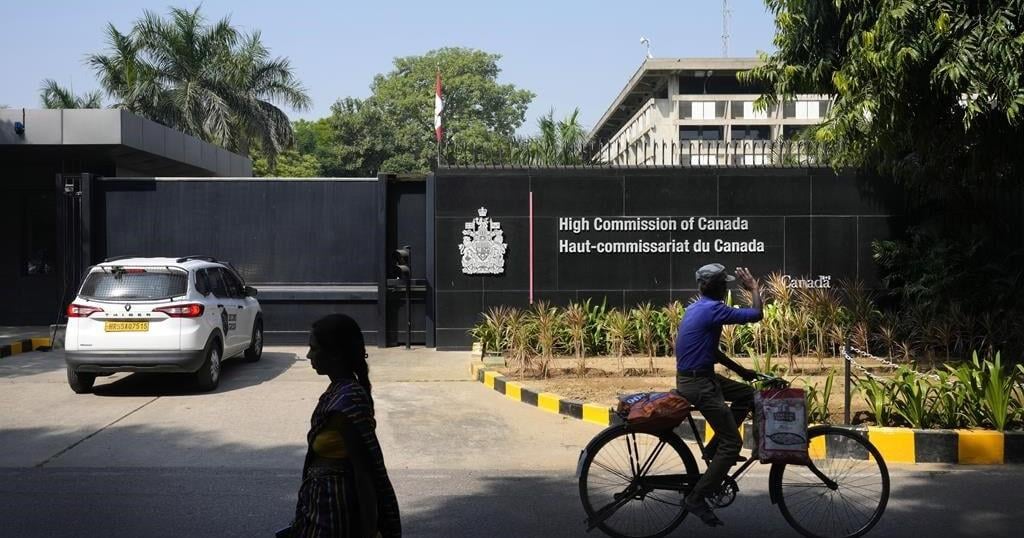The diplomatic row between Canada and India could derail a trading relationship that already underperforms its potential, experts warn.
Relations between the two countries have hit a new low with Canada’s decision to expel New Delhi’s top envoy and five other diplomats on bombshell allegations Monday from the RCMP, who said that Indian government agents have been linked to murder, extortion and coercion in Canada.
International Trade Minister Mary Ng tried to reassure Canadian businesses, issuing a statement Tuesday acknowledging the “uncertainty” the situation creates for exporters and investors. She said the federal government will continue to support commercial and economic ties between the countries.
But analysts say there is no way the trading relationship between Canada and the world’s fastest-growing economy can escape unscathed from this latest escalation in tensions — at least not in the immediate future.
“In the short term, I think certainly this will have a negative impact … if you’re a Canadian business who’s trying to get a foothold into India or if you’re an Indian business trying to do something in Canada,” said Partha Mohanran, director of the India Innovation Institute at the University of Toronto.
“Or if you’re talking about any kind of free trade agreements, whether it’s at the provincial level or at the federal level. All that stuff is obviously going to be on the back burner, to say the least.”
In particular, the latest developments suggest there won’t be any imminent progress towards the India-Canada Comprehensive Economic Partnership Agreement (CEPA), a proposed bilateral trade deal that the two countries have been negotiating in fits and starts since 2010.
After a five-year hiatus, talks began again in earnest in 2022, but Canada paused the process last year — a move that was met with dismay by some business groups.
Mohanran said the deterioration of relations between India and China is problematic because the amount of trade currently being done between the two countries is already far smaller than it should be.
In 2022, Canada exported $5.3 billion worth of goods to that country, or just 0.7 per cent of global exports, according to Statistics Canada. Imports from India amounted to $8.3 billion, around 1.1 per cent of total global imports.
By comparison, Canadian exports to China in 2022 were $28.7 billion, even though India’s population has grown so rapidly that it surpassed China’s for the first time last year.
“(Canada-India) is a relationship which has woefully underperformed its potential,” Mohanran said.
“If you look at bilateral trade, both countries barely register on each other’s radar. India is much more focused on the U.S., for instance, and Canada is much more focused on China than it is on India. I think both countries have ignored each other in terms of potential.”
Among the top products Canada exports to India are coal, potash fertilizers and lentils.
In her statement Tuesday, Ng said Canada stands firmly by its businesses, and will work closely with all Canadian enterprises engaged with India.
But she added Canada will not tolerate any foreign government threatening, extorting or harming Canadian citizens on its soil.
“We must consider our economic interests with the need to protect Canadians and uphold the rule of law,” she said.
This report by The Canadian Press was first published Oct. 15, 2024.
